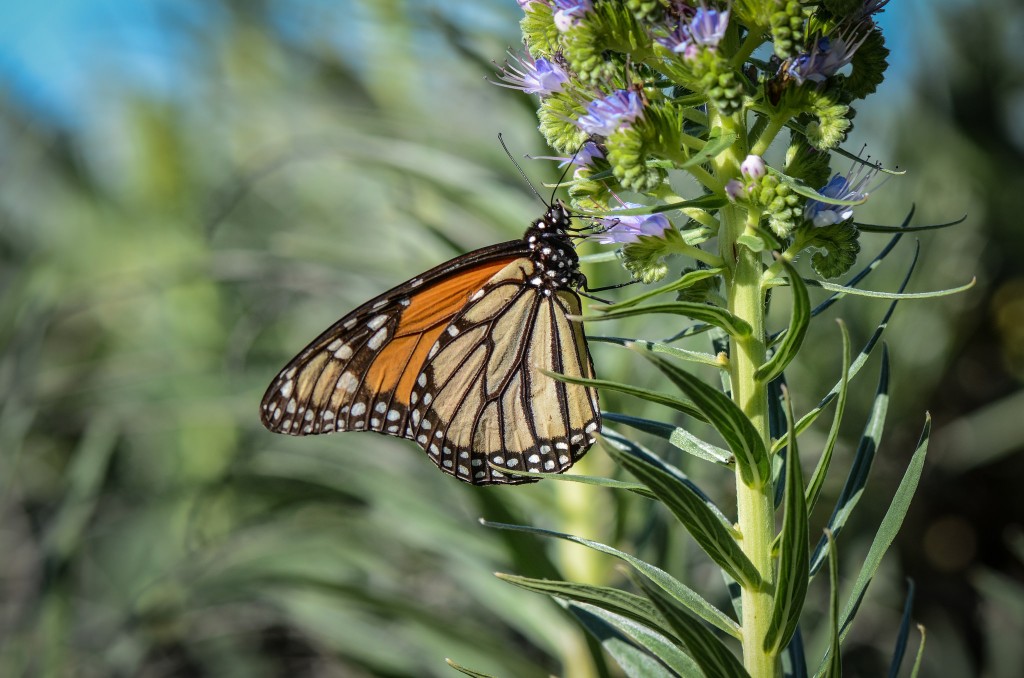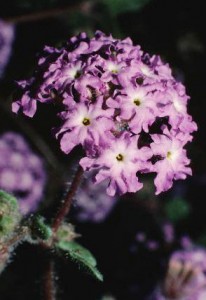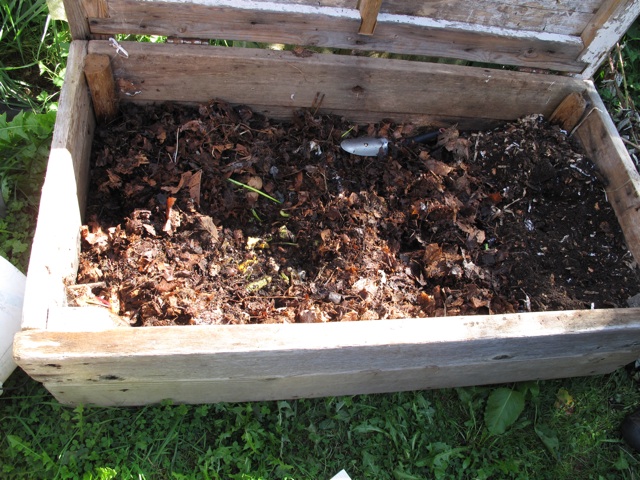It feels like fall in Morro Bay. The air is cooler—especially at night, the monarchs are coming back, and we’ve even had a little rain (with more forecast for this weekend!).

While lower temperatures make many plants slow down, you can still use bay-friendly techniques to keep your garden active through the fall and winter.
Plant natives in the fall
Fall is a great time to plant California natives. While you can put most natives in the ground throughout the year, the California Native Plant Society recommends planting them in the fall or early winter so that they have time to build a healthy root system and store up the energy that they’ll use to grow and produce flowers in the spring.

Native plants are a great bay-friendly choice. They attract native birds and bugs, which prey on garden pests so that you don’t have to use pesticides. They also tend to need less irrigation and fertilizer than non-natives, since they are adapted for our climate. This helps to conserve water and keep chemicals out of our bay. Plus, many native plants are a beautiful addition to your garden! The California Invasive Plant Council has a great database that can help you choose which plants are right for your garden. Just look for the native plant symbol, a small poppy, to find the native choices.
Compost your garden scraps
Cleaning out dead perennials and other plants in the fall is a smart move. These leftovers can hide garden pests and encourage mold and other problems. When you’re pulling out dead plants, unwanted shoots, and picking up leaves, consider composting them.
Learning how to compost, with or without worms, can be fun—and you’ll be able to put the spoils of your work to good use in the spring!

Water less
Even with this year’s strong El Niño forecast, it’s important to remember that we’re still in a prolonged drought. Luckily, plants need less water in the fall and winter. To conserve water, make sure to the forecast and feel the soil to see if it is damp before you water.
Read our Bayside Living Guide for more tips.